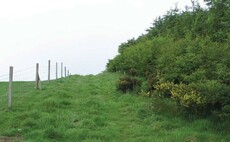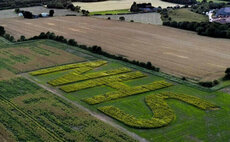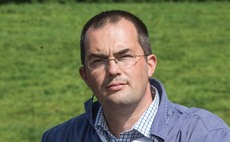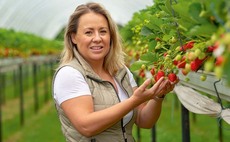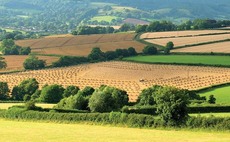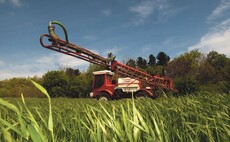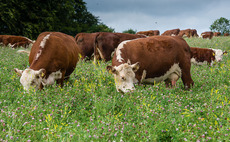Environment
Livestock
A proposal by the Lake District National Park Authority (LDNPA) to sell Glenridding Common has prompted fears that the area could be used as a testbed for rewilding.
Arable
The eagerly anticipated National Food Strategy (NFS) for England has set out a number of formal recommendations for protecting food production standards in trade deals.
Arable
Farm groups have welcomed Government plans to scrap EU greening requirements for direct payments from 2021.
Arable
A farmer has paid a special tribute to the NHS by planting thousands of sunflowers to create a message which spans over 200ft in his field.
Farm Life
This year is turning out to be a bit of a weather rollercoaster here in Dorset. The decent amount of rain we had a few weeks ago did us the world of good, but has quickly gone and we are again desperate for rain and struggling for grazing grass.
Farm Life
Plans to rewild an area the size of Dorset to restore biodiversity have been branded ‘unrealistic’ by farmers.
Farm Life
Juggling the demands of a large-scale farm business, growing a brand and motherhood are challenges Annabel Makin-Jones has taken in her stride. Hannah Park finds out how she is making sure this year’s harvest goes without a h
Farm Life
Plans to rewild an area the size of Dorset in an attempt to restore soil health have been branded ‘unrealistic’ by farmers.
Farm Life
The Wildlife Trusts has called on the Government to introduce a pesticide reduction target which cuts overall use by at least 50 per cent over the next 10 years.
Arable
Only 3 per cent of farmers trust the Government to invest enough money in nature-friendly farming after the coronavirus pandemic, new research has shown.


 04 August 2020
•
2 min read
04 August 2020
•
2 min read

